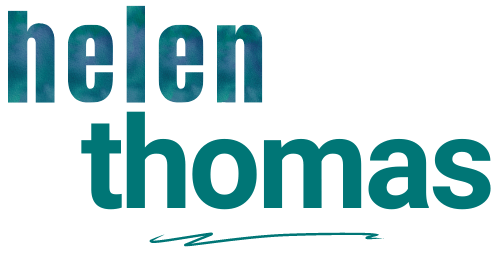Last year I stumbled down a path I regularly warn my clients not to go down. I enrolled in (yet another!) university degree. Within a few weeks of the semester commencing, I realised the error of my ways and subsequently placed my enrolment on hold.
But why, you might ask, when knowledge provides both clarity and confidence, would I recommend against further qualifications? And why did I not heed my own advice?
I regularly speak to people who’ve spent 1, 2, 5 or more years studying hard to gain a qualification they’ve never used. I did this too. In 2014 I completed a Master of Marketing which I’d undertaken to “further my career”. I don’t regret it. I gained significant knowledge, amazing connections, and shared experiences. But it was an expensive way to learn that…
Another qualification will NOT (necessarily) progress your career
The truth is you already know enough to get started… and getting started requires taking action. Gaining another qualification before you take action is just a form of procrastination.
Now… I’m not saying you can avoid studying for a career where professional qualifications are a necessity. What I’m recommending is… don’t use university qualifications as a form of career research. I can assure you from my own experience and the experience of dozens of people I’ve worked with, this approach will not work.
It seems like the easy answer… so easy, in fact, I did it myself only recently.
On this occasion, it was less about gaining knowledge and more about quieting my inner critic who was telling me I needed more qualifications to be taken seriously. As I read the syllabus, I realised more learning wasn’t the answer… instead I need to believe I know enough, back myself, and take action.
Next time you’re tempted to undertake more study… stop and ask yourself “what’s really going on”?
Things to consider when you think another qualification is the answer –
1. FEEDBACK FROM POTENTIAL EMPLOYERS
Speak with employers in your intended industry to understand if this qualification is important or necessary.
2. ASSURE YOURSELF THIS CAREER IS FOR YOU
Interview those already in the role or career. Ask lots of questions – How did they get started? What qualifications do they have? What experience is necessary?
3. GAIN RELEVANT WORK EXPERIENCE
Investigate options for increasing your relevant experience. Part-time work, volunteering, taking on extra projects and interning are all great ways to trial the career, test your commitment and build your experience.
4. ACKNOWLEDGE WHAT YOU ALREADY KNOW
You already have a wealth of experience, skills, and strengths. Assess and recognise you probably have all you need already at your disposal.
Are you considering doing something but feel you’re under-qualified? Do you want to apply for a different role? Start a business or side-hustle? Or do something you’ve never done before?
Ask yourself –
- What knowledge and skills do I already have that I can apply to this? (Even if all you know is how to Google to find more info!)
- Who can I speak with who’s already doing or has done the same or similar?
- Who do I already know who can help me?
Then take one step… do some research, speak to someone, ask questions. You’ll be surprised how much you can progress without spending any more time, effort or money on another course!
If you’re stuck thinking you can’t possibly change careers without starting over with further study, let’s discuss whether or you really need to do that… because I’m pretty sure you’re already more prepared than you think you are.

